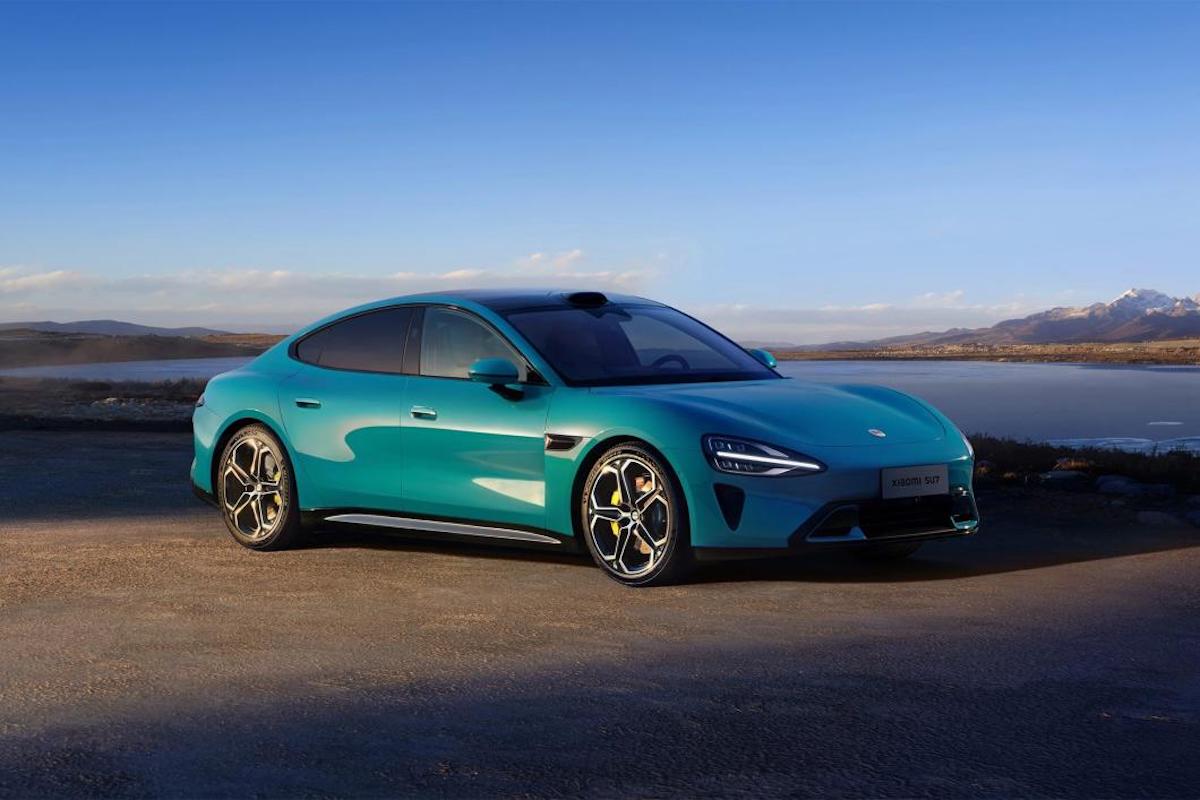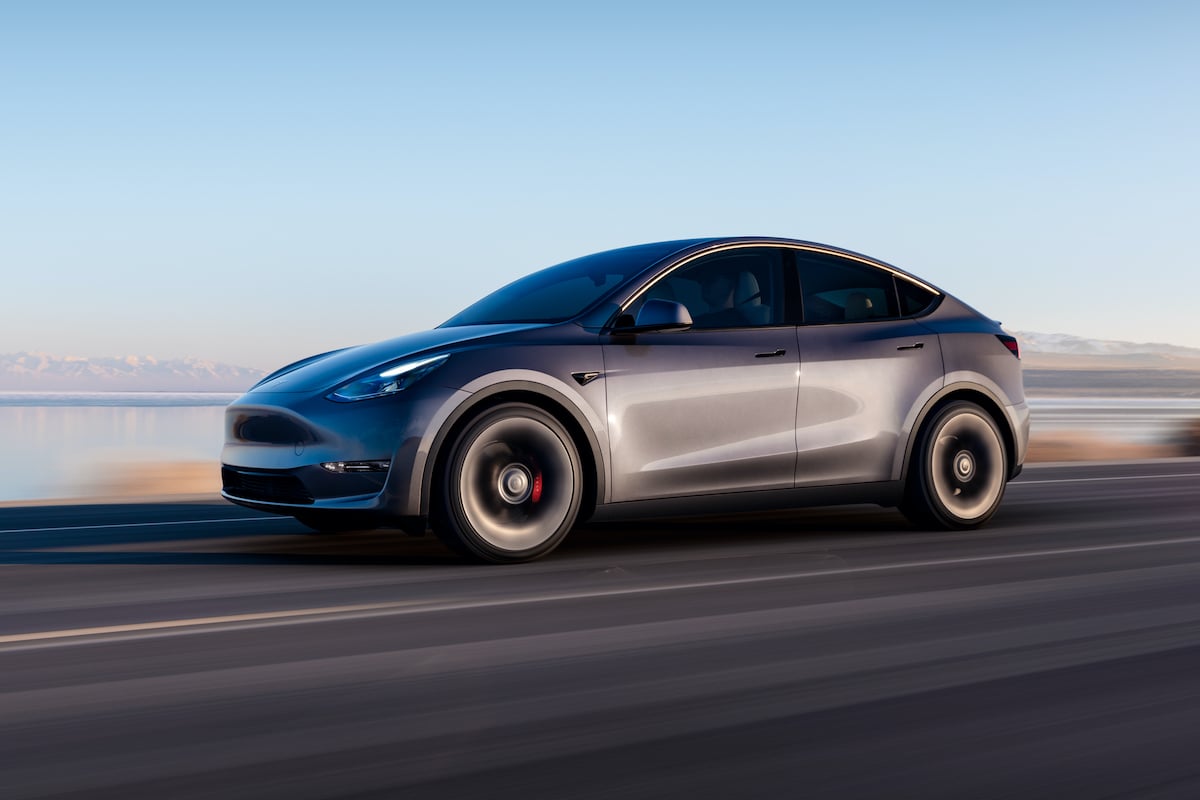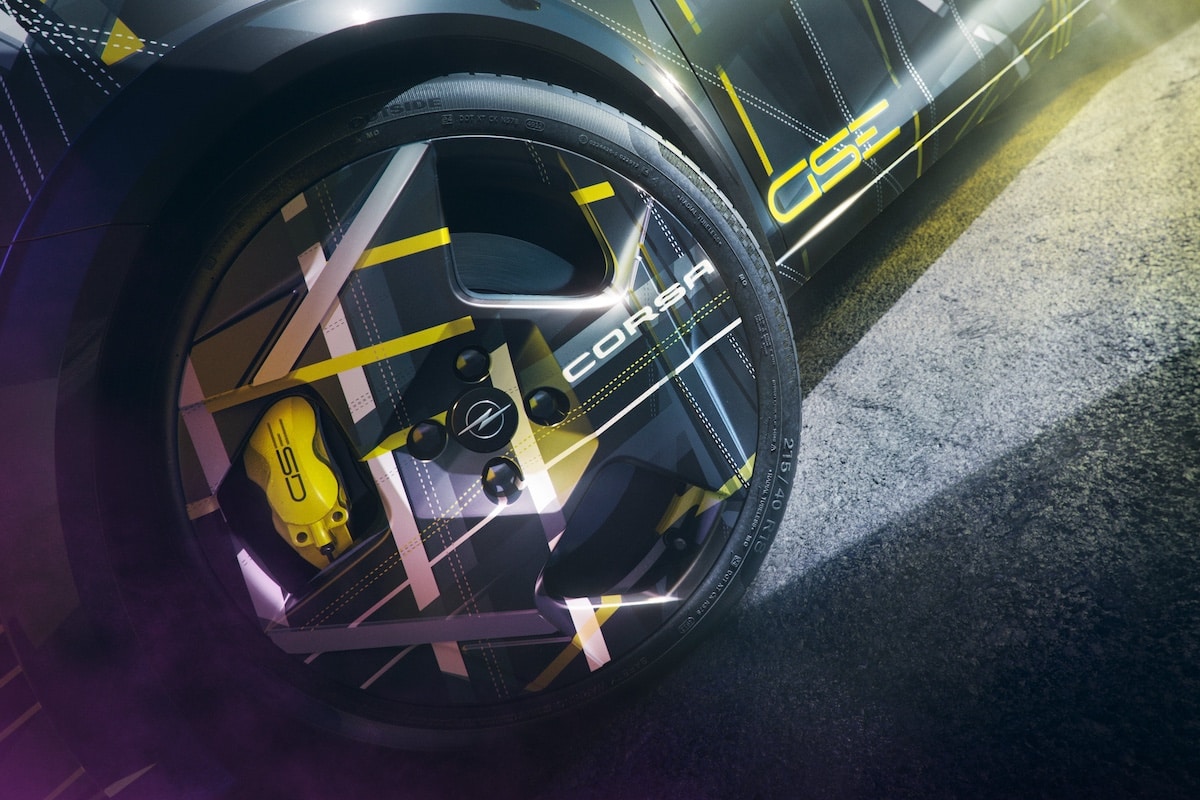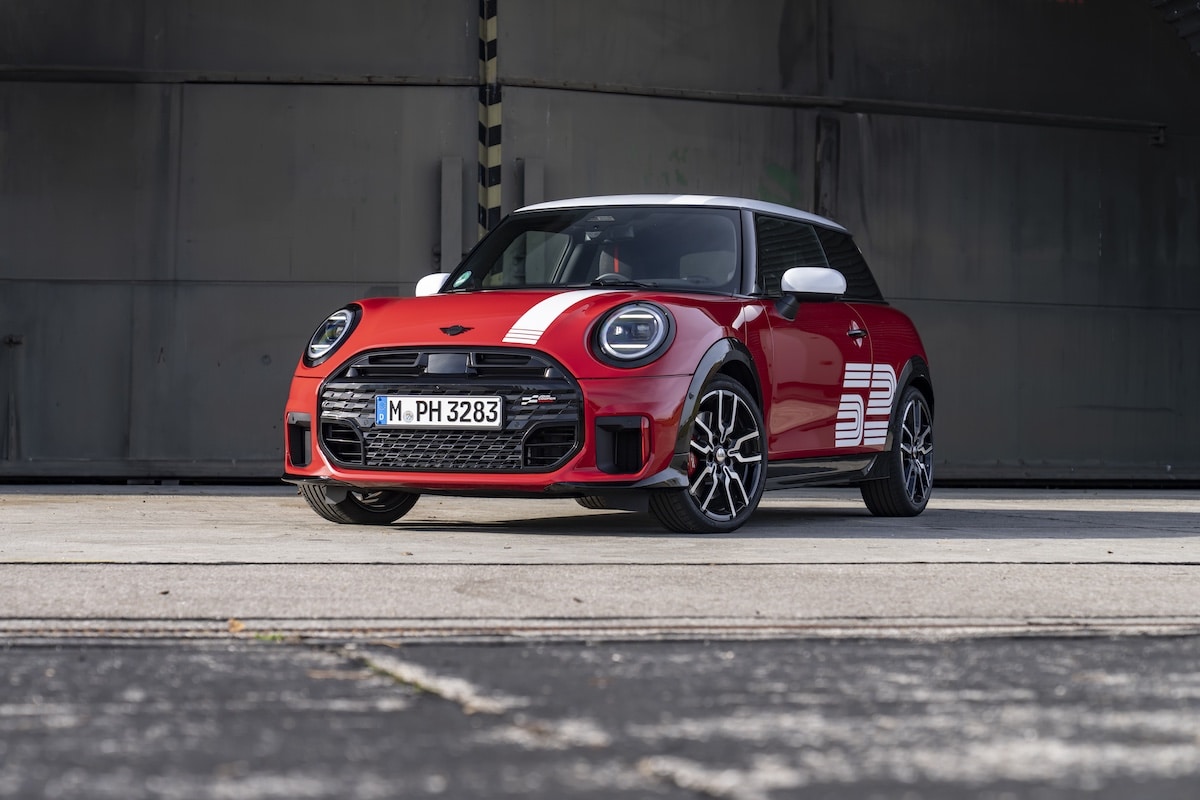Will Smartphone Manufacturers Kill the Automotive Market?

Huawei and Xiaomi have entered the electric vehicle production industry, reigniting fears of a price war.
What if a car is ultimately nothing more than a smartphone placed on four wheels powered by an electric motor? The heart of a car—in what makes it valuable—is no longer a magnificent V10 engine with devilish roars or a small 3-cylinder turbo with exceptional compactness and fuel efficiency. Today, a car is judged by its battery, screens, and intuitive controls. Does that sound familiar?
Huawei and Xiaomi benefit from exceptional expertise in these sectors and are therefore capable of offering new models of electric vehicles equipped with advanced features such as augmented reality technology, autonomous driving capabilities in urban areas, and long-range autonomy. All of which traditional automakers are desperately chasing after, feeling increased pressure on their shoulders as latecomers to this new automotive market.
But these two smartphone giants are not the only ones seeking to carve out a place in the sunny spotlight of this high-voltage new Eldorado. In China alone, the land of electric vehicles, there are around 200 electric vehicle manufacturers! All have made significant investments and could launch a price war in the coming months in an attempt to survive.
Aito, Huawei Technologies’ automotive subcontractor, announced that it has received 54,000 pre-orders for its M9 SUV since pre-sales opened on September 25, with deliveries scheduled for late January. It will have been less than a year from project launch to car delivery. And we’re not talking about sloppy vehicles, as initial feedback on the quality of the cars has been excellent!
However, the massive research and development costs for new models, significant marketing and branding expenses, and price reductions offered to attract customers make it difficult for most automakers to turn a profit. Among the major players, only BYD, the world’s largest electric vehicle manufacturer, and Li Auto, a direct rival to Tesla in China, have recorded profits since the start of the year. Only 1% of manufacturers are profitable—that’s few… especially in a market with overcapacity!
And perhaps, in the end, traditional manufacturers just need to hold out for a few months until this Chinese bubble bursts as quickly as it inflated?
READ ALSO: Xiaomi, another rival blocking Tesla’s way
This page is translated from the original post "Les fabricants de smartphones vont-ils tuer le marché automobile ?" in French.
We also suggestthese articles:
Also read





